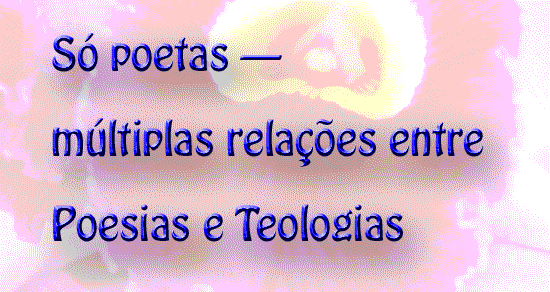Juvenco y la épica bíblica: especificidad y crítica literaria
DOI:
https://doi.org/10.19143/2236-9937.2016v1n1p14-28Resumo
La poesía cristiana latina que surge en la época de Constantino y florece entre los años 400 y 800 tiene un papel fundamental en el desarrollo de la teoría literaria y el discurso crítico, porque, salvo el caso de Prudencio, el resto de los poetas de este primer período optó por la adaptación del canon clásico a los temas cristianos. La epopeya cristiana es, pues, uno de los primeros géneros y comienza, además, siendo epopeya bíblica. La primer obra importante de este tipo es la Harmonía evangélica del poeta hispano Juvenco, hacia el 330. Esta obra inicia una larga serie de poemas bíblicos, latinos en un primer momento, pero que después tendrán su continuación en las lenguas vulgares, desde Caedmon, Cynewulf, el Heliand, La Pasion de Clermont, hasta Hojeda, Milton y Klopstock. La dedicatoria a la autoridad instalada, la subordinación de los fines del arte a la salvación del alma tanto como el afán de legitimar la poesía con argumentos cristianos quedarán como premisas fundamentales en la construcción del género. Cuando la epopeya ingrese en la modernidad, su compromiso con las nuevas aporías teológicas, no le harán perder esos requisitos extraliterarios que le habían dado origen.
Palabras clave: poesía cristiana latina; época de Constantino; Virgilio
Downloads
Publicado
Como Citar
Edição
Seção
Licença
A TeoLiterária – Revista de Literaturas e Teologias é detentora dos direitos autorais de todos os artigos publicados por ela. A reprodução total dos textos em outras publicações, ou para qualquer outro fim, por quaisquer meios, requer autorização por escrito do editor. Reproduções parciais de artigos (resumo, abstract, mais de 500 palavras de texto, tabelas, figuras e outras ilustrações) deverão ter permissão por escrito do editor e dos autores.



